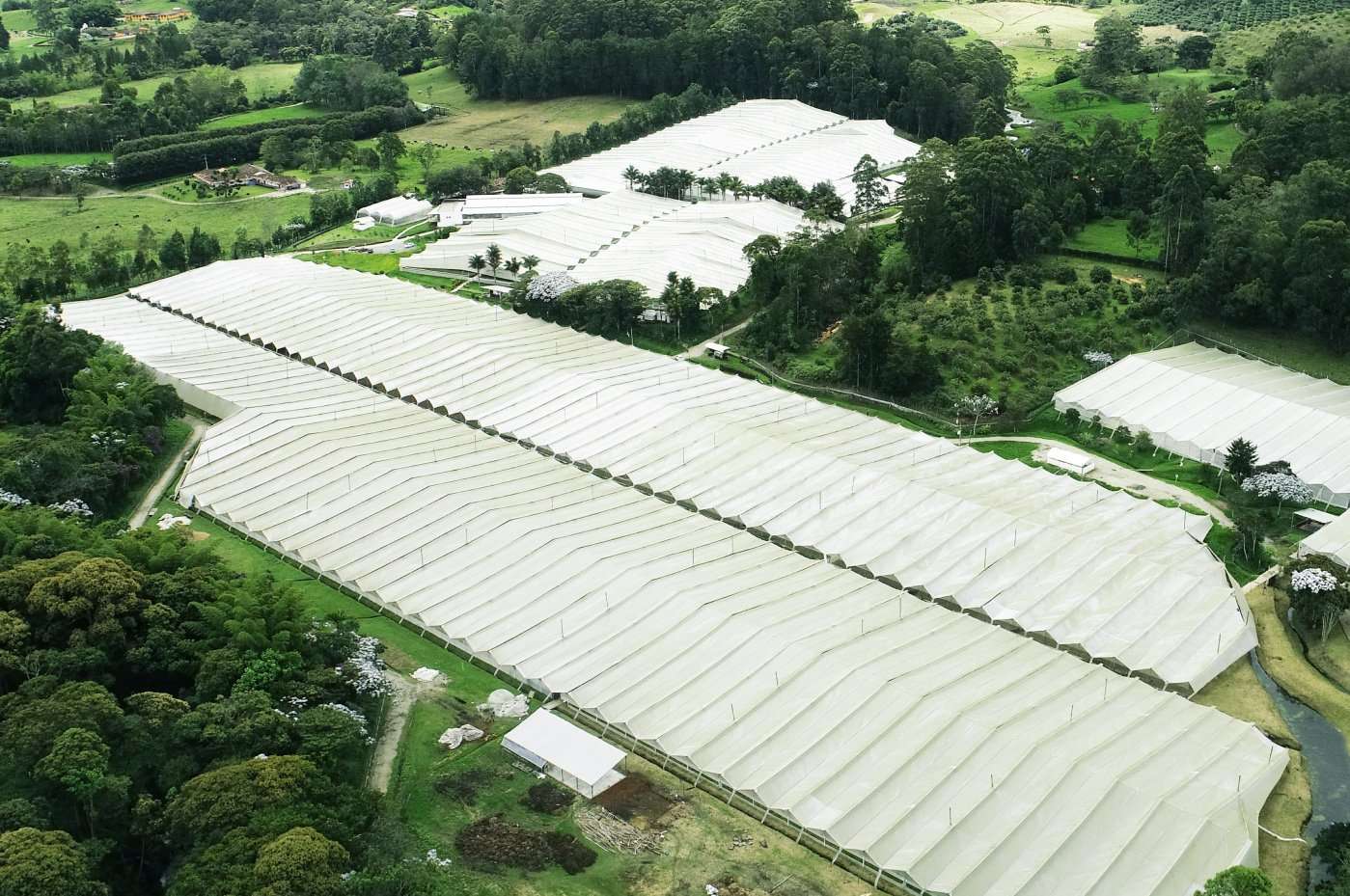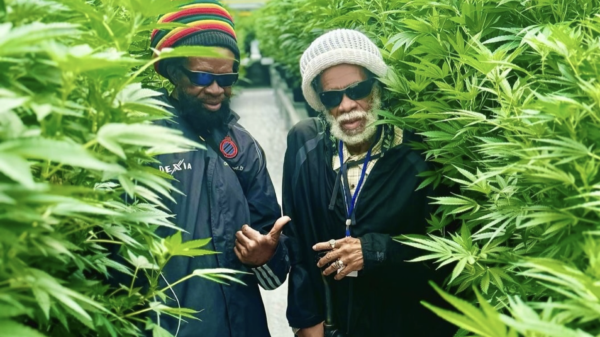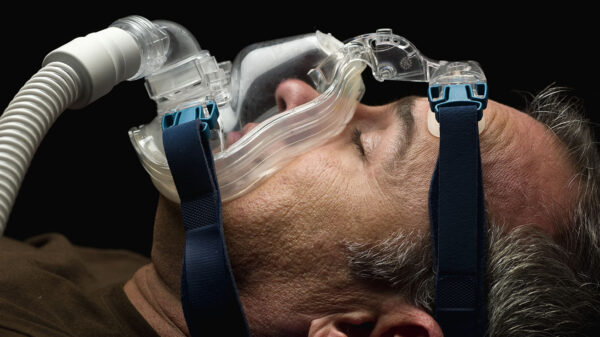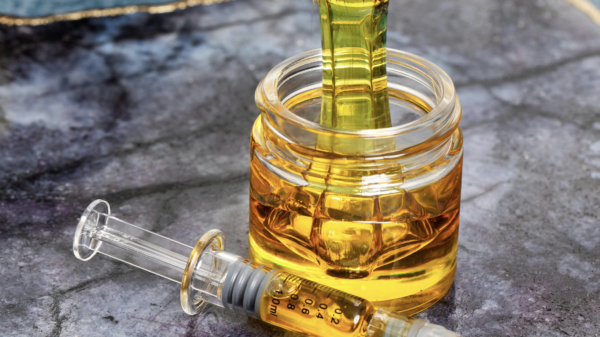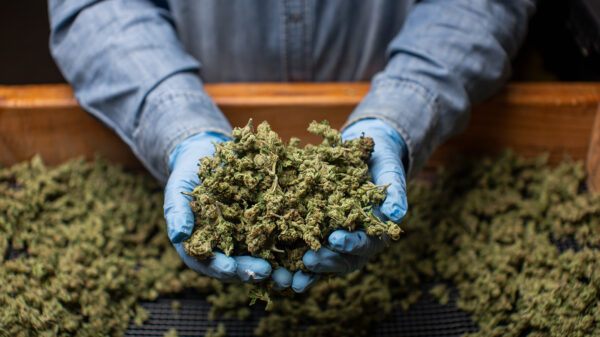Cannabis operator PharmaCielo Ltd. (TSXV: PCLO) (OTCQX: PCLOF) says it’s completed a $5-million round of debt financing and expects to issue up to $10 million more via debentures.
On Friday, the Toronto-headquartered firm with primary operations in Colombia published an update on recent international deals, while confirming it completed a non-brokered private placement of debentures announced Dec. 31.
PharmaCielo says it’s currently negotiating an increase on or before March 4 for a total of $15 million. Each debenture unit is worth $1,000 in 11-per-cent secured debentures and 250 common share purchase warrants.
Each unit entitles the holder to one common share of PharmaCielo at $1.44 per common share until Dec. 24, 2024, with annual interest of 11 per cent.
Debentures are secured by mortgages on the firm’s physical assets.
PharmaCielo to develop first two Argentinean medical cannabis products
PharmaCielo says it’s working with an unnamed Argentinean pharmaceutical company to launch the first two medical cannabis products made in Argentina. The first is for treating seizures in patients who suffer from severe epileptic disorders like Lennox-Gestaut syndrome and Dravet syndrome.
The second is a topical cannabidiol cream, with first shipments already sent to a client and others to follow throughout the year. The company says it’s negotiating a multi-year sales agreement.
Read more: PharmaCielo gets high-THC export quota from Colombian government
Read more: PharmaCielo rebounds after reporting world’s lowest legal production costs
In Brazil, PharmaCielo is working with an unnamed phytotherapeutic company to register a product with the Brazilian Health Regulatory Agency (ANVISA) to sell products in the domestic market.
Brazil’s industry is one of the fastest-growing in the region, as cannabis patients have quadrupled in the last two years — growing to 20,000 from 5,000 patients.
PharmaCielo has sent multiple shipments of its active pharmaceutical ingredients to the Brazilian company, and says it will formalize a sales deal once the product is approved and launched.
Read more: Colombia begins process to regulate export of medical cannabis flower
Read more: Colombia orders all medical insurance providers to cover cannabis
The company’s international presence has also expanded to Paraguay, where it performs contract research and development with another unnamed pharmaceutical firm.
“The pharmaceutical industry represents one of the largest long-term opportunities for active pharmaceutical ingredient suppliers, as the sophisticated players in this global industry begin to develop cannabinoid-based products over the next several years,” CEO Bill Petron said in a statement.
“PharmaCielo has all the necessary capabilities in place to become a valued long-term partner to these organizations, and we have made Latin America’s vibrant pharmaceutical and wellness sector a core area for investment.”
Petron says he expects short-term revenue from relationships with other Latin American operators that would help his company focus on other areas like developing high-THC dried flower and THC distillate products.
Follow Natalia Buendia Calvillo on Twitter
natalia@mugglehead.com

